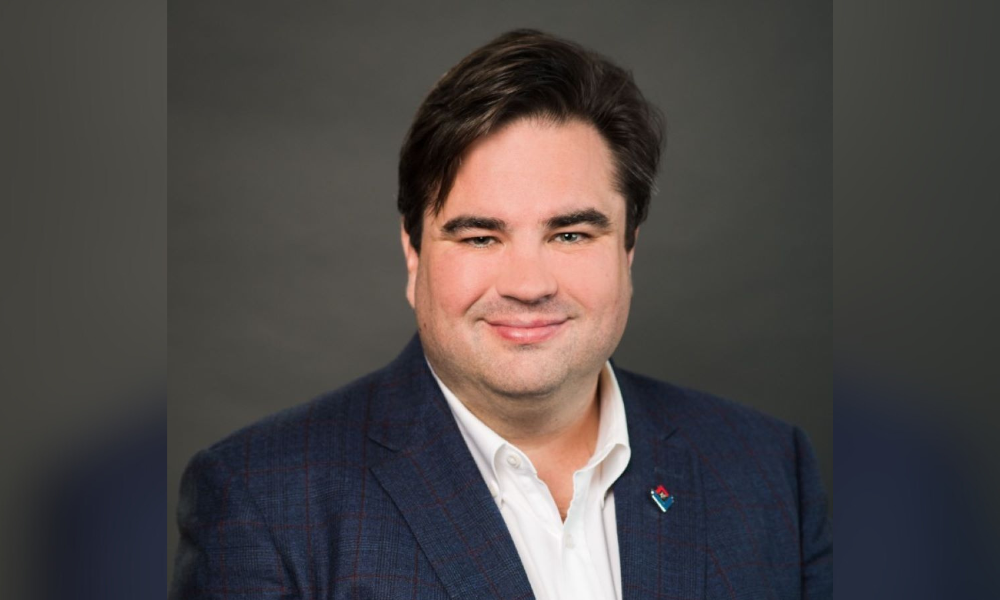As VP contender brings up value of VA programs, mortgage exec talks securing financial stability for veterans

The VA home loan program has been a cornerstone in assisting veterans in securing homeownership – a fact emphasized by Democratic vice-presidential candidate Tim Walz in Tuesday’s VP debate.
Speaking during a portion of the debate on the national housing outlook, Walz underscored the important role VA loans have played in the market: "I can tell all of you out there... a veteran's home loan... we know in the long run, the appreciated value, the generational wealth that's created from it."
Walz’s comments reflect the profound impact that VA loans have on veterans' financial stability, fostering long-term wealth generation for many who might otherwise struggle to enter the housing market.
Since its inception, the VA loan program has backed over 28 million loans, a staggering figure that speaks to its role in supporting veterans' access to homeownership. In the past two decades alone, nearly 40% of these loans were made, which indicates the growing reliance on the program in recent years.
Additionally, the program has contributed an impressive $3.9 trillion to the US economy, further underlining its importance. Beyond its economic contributions, the VA loan system has been especially beneficial for younger veterans, with a notable portion of loans going to those aged 18-35, highlighting the program's role in providing a financial foundation for a new generation of service members.
However, there are still challenges for veterans when trying to secure a VA loan. Brendan McKay (pictured top), owner and senior loan officer at McKay Mortgage Company, zeroed in on education as a critical issue. "In one word, I would say education on the VA loan, both on the part of service members and veterans as well as others [is critical],” he told Mortgage Professional America.
McKay emphasized that many veterans struggle to get accurate information about their VA home loan benefits. Often, when veterans search for answers, they end up in sales funnels that prioritize profits over providing genuinely helpful guidance. The result is that many veterans either don’t fully understand their benefits or receive misleading information, which prevents them from maximizing the potential of VA loans.
This lack of comprehensive education is compounded by a broader misconception within the real estate industry. McKay points out that many real estate professionals mistakenly believe VA loans are harder to close compared to conventional loans. "A lot of them have perception and reality... are not synced up right now. They think that VA loans are harder or less likely to close than they actually are."
This disconnect between reality and perception can discourage professionals from recommending VA loans, inadvertently steering veterans away from their benefits. In truth, VA loans have a strong track record of success: "In 2020, a VA loan was 4% more likely to close than conventional, which is completely contrary to popular belief," McKay noted.
These systemic issues reflect a broader need for an overhaul in how VA loans are promoted and understood. McKay suggested that part of the solution might lie in establishing a congressionally appointed body responsible for VA loan education, similar to those overseeing GI Bill or health benefits.
VA loan is currently the US’s ‘most widely used 0% down loan’
Currently, private enterprises dominate the educational space for VA loans, which, as McKay explains, doesn't always serve veterans' best interests. "It's left entirely for private enterprises who may or may not always have the veterans' best interest at heart."
The visibility of VA loans took center stage in the recent vice-presidential debates, highlighting their role as one of the most beneficial programs for veterans. McKay underscored the significance of the VA loan’s unique terms: "It's the most widely used 0% down loan of any other out there."
While USDA loans also offer 0% down, they are geographically limited, and other niche loans, like doctors' loans, cater to very specific groups. The VA loan, on the other hand, is a government-insured product, widely available to service members and boasting incredibly low default rates despite the 0% down requirement. This success speaks volumes about the stability and reliability of veterans as homeowners, countering any lingering myths about the riskiness of these loans.
What hurdles do veterans face in obtaining a VA loan?
With the housing market becoming more competitive and inventory increasingly limited, veterans face new challenges in securing homes through VA loans. Rising house prices put additional pressure on veterans, and lenders must adapt to meet their specific needs in this environment.
VA loans, by design, offer a significant advantage, particularly in terms of affordability—no down payment is required, and the interest rates are generally lower than those of conventional loans. But as the market tightens, even these benefits can be offset by the scarcity of homes available within a veteran’s price range.
With greater awareness and more accurate information, McKay said the utilization of VA loans could increase, helping veterans capitalize on one of the best benefits available to them. He remains optimistic about the growing conversation surrounding VA loans, especially as high-profile figures like Walz continue to spotlight their importance. "I'm happy... that vice-presidential candidates Tim Walz & JD Vance are talking about it."
Brokers should understand and take advantage of this valuable benefit. As the housing market evolves, so too must the approach to supporting veterans in navigating it.
Stay updated with the freshest mortgage news. Get exclusive interviews, breaking news, and industry events in your inbox, and always be the first to know by subscribing to our FREE daily newsletter.



